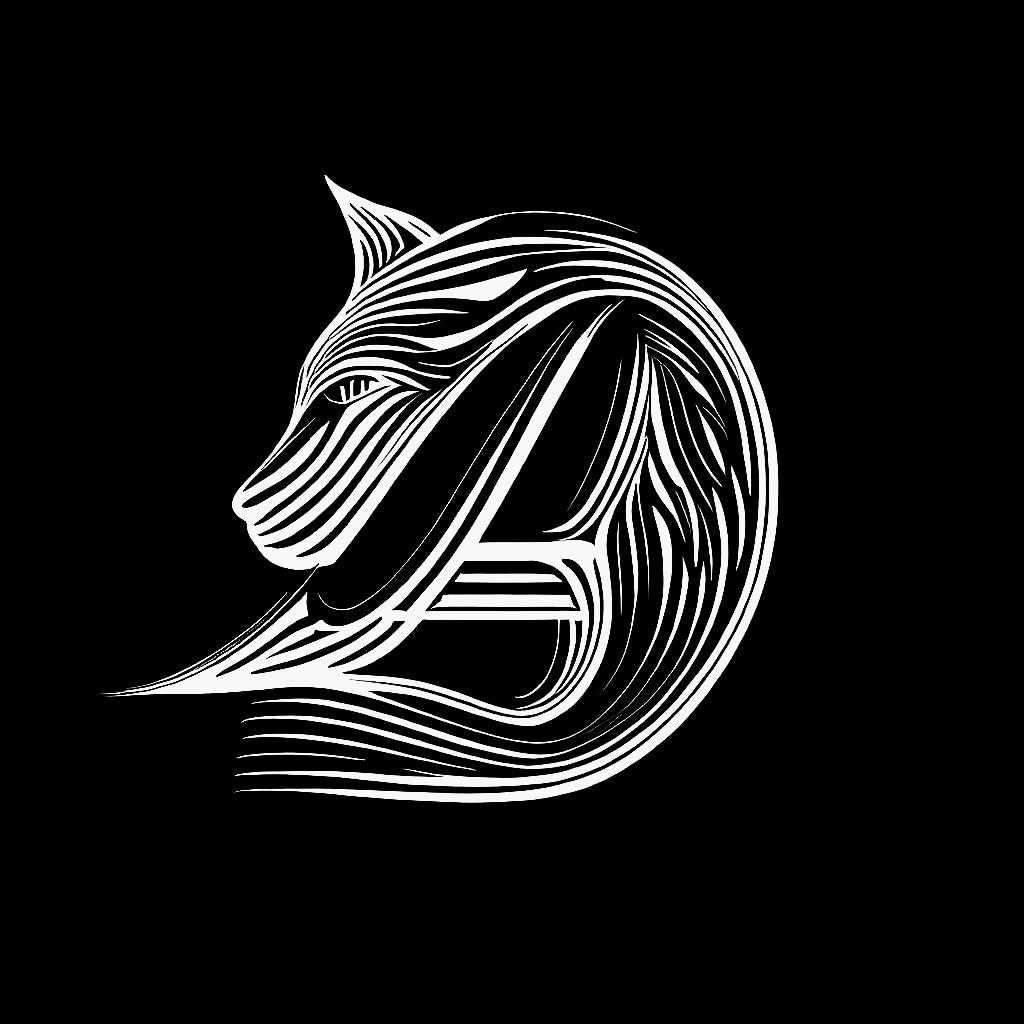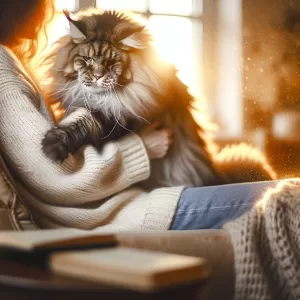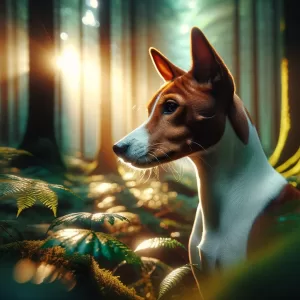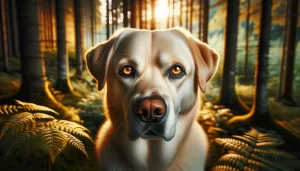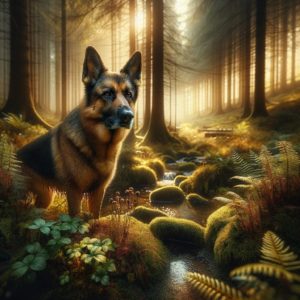The understanding that animals, much like humans, exhibit a spectrum of basic emotions has been a landmark revelation in the study of animal behavior. Previously, we associated limited and often singular emotions with specific behaviors of pets. A dog’s wagging tail implied happiness, a cat’s purring was equated with contentment, and fear was interpreted by tucked tails or withdrawn behavior. These cues, while accurate to some extent, reflect merely the tip of the emotional iceberg that our pets experience. Unveiling the full emotional range of pets allows us to understand them better and enhance our relationship with them.
Chapter 4: The Future of Understanding Animal Emotions: A New Frontier in Human-Animal Relationships
The Next Chapter in Our Emotional Odyssey
As we continually seek to deepen our understanding of the emotional lives of our pets, we stand on the precipice of a new frontier. The road ahead is lined with countless opportunities for exploration, particularly in the realm of complex emotions such as jealousy, empathy, or even grief. This journey, while challenging, promises to transform our perceptions of animal intelligence and emotional depth. Moreover, it carries significant implications for animal welfare, training practices, and our relationships with our pets, making it a vital component of our shared future with animals.
The Untapped Landscape of Complex Animal Emotions
While we’ve made significant strides in understanding basic emotions like happiness, fear, and surprise in animals, the domain of complex emotions remains relatively uncharted. Emotions such as jealousy, empathy, or grief, traditionally associated primarily with humans, are now being explored in animal behavior. Can a dog feel jealous when its owner pays more attention to another pet? Does a cat empathize with its human companion’s distress? These are some of the questions future research aims to answer, broadening our understanding of the emotional richness in animals.
The Implications for Animal Intelligence
Exploring these complex emotions in animals will inevitably impact our perception of their intelligence. Intelligence is no longer solely measured by cognitive abilities, but also by emotional complexity. Recognizing that animals are capable of experiencing a wide range of emotions, similar to humans, expands our understanding of their emotional intelligence. This recognition marks a crucial step forward in acknowledging the emotional sophistication of our pets.
Influencing Animal Welfare and Training Practices
As our understanding of animal emotions evolves, so too will our approach to animal welfare and training practices. Recognizing and respecting the emotional lives of animals will require modifications in how we care for, interact with, and train our pets. Future training practices will likely incorporate an understanding of these emotions, moving away from punishment-based methods towards empathy-driven techniques. This evolution in practices will ensure our pets’ emotional well-being, thereby enhancing their overall quality of life.
Transforming Our Relationships with Pets
With a deeper understanding of animal emotions, we can anticipate a transformation in our relationships with our pets. Our interactions will become more empathetic and respectful of their emotional needs and responses. This heightened understanding will enable us to build stronger, more meaningful bonds with our pets, enriching our shared experiences.
Venturing into the Future with Optimism and Empathy
The future of understanding animal emotions offers an exciting promise of discovery and transformation. As we delve deeper into the emotional lives of our pets, we will not only change our perceptions of their intelligence but also revolutionize our relationships with them. We stand at the dawn of this new era in human-animal relationships, poised to embrace a future shaped by empathy, respect, and a profound understanding of the rich emotional tapestry that our pets share with us. It is a journey that will surely enhance not just our pets’ lives, but our own as well.
